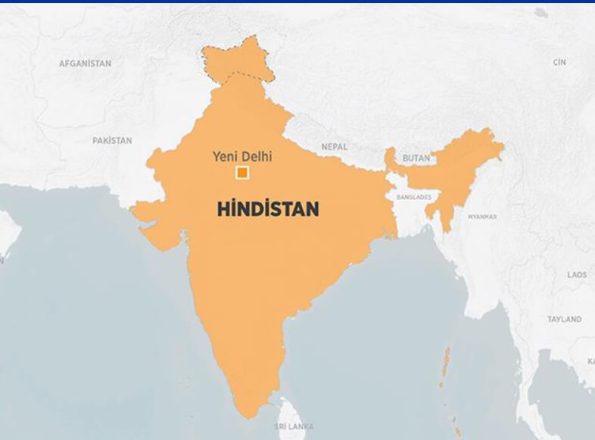Who are the Gypsies?
Who are the Gypsies?
The term Gypsies refers broadly to the Romani people, a group with a rich cultural heritage and a complex history. This essay will explore the identity of the Romani people, their historical experiences, the challenges they face today, and the contributions of influential individuals in advocating for their rights. Key points will include the origins and migrations of the Romani, their cultural significance, the impact of socio-political factors on their lives, and the ongoing efforts for recognition and equality.
The Romani people originate from northern India, where they are believed to have begun their migration to Europe around the 10th century. They reached Europe via Persia and the Byzantine Empire, eventually spreading across many countries. Their movement was not a single migration but rather a series of migrations over centuries. Each subgroup, such as the Rom, Sinti, Manush, and others, developed unique cultural traits influenced by the regions they inhabited. This diversity within the Romani community is often overlooked, yet it plays a crucial role in understanding their cultural identity.
Throughout history, the Romani have faced persecution and discrimination. In medieval Europe, they were often viewed with suspicion, accused of being thieves or sorcerers. This led to their marginalization in society. During the Holocaust, the Romani were targeted alongside Jews, with an estimated 500,000 Romani people killed. This tragic history has shaped their collective memory and cultural resilience. The aftermath of this persecution continues to influence their social status and relationships with other communities.
In modern society, the Romani often face significant challenges. They are one of the most discriminated ethnic groups in Europe. Many live in poverty, lacking access to education, healthcare, and employment opportunities. Discrimination manifests in various forms, from institutionalized racism to social exclusion. For instance, in countries like Hungary and Romania, negative stereotypes about the Romani persist, leading to segregation in schools and neighborhoods. Such conditions perpetuate a cycle of disadvantage that is difficult to break.
Influential individuals have contributed to the movement for Romani rights. One notable figure is Romani activist Zef Delija, who has worked tirelessly to improve the social conditions for the Romani across Europe. Delija advocates for educational reform, aiming to dismantle the barriers that prevent Romani children from accessing quality education. His efforts focus on promoting cultural understanding and combating prejudice against the Romani community. Advocates like Delija utilize various platforms, including social media and public speaking, to raise awareness of Romani issues and encourage advocacy.
The academic field increasingly recognizes the importance of Romani studies in the understanding of European history and culture. Scholars such as Ian Hancock and Angela Kershaw have contributed significantly to the discourse. Hancock’s work discusses the historical context of the Romani migration and emphasizes their cultural contributions across Europe. Kershaw’s research focuses on the social and political challenges the Romani face today, highlighting the need for inclusive policies that respect their rights as an ethnic minority. This growing academic interest is crucial for fostering a more nuanced understanding of the Romani and their experiences.
Perspectives on the Romani are varied. Some view them as a marginalized group requiring aid and assistance, while others see them as an integral part of the cultural fabric of Europe. This latter viewpoint emphasizes the importance of recognizing and preserving Romani culture. Music, dance, and art are vital aspects of Romani identity. The vibrant traditions, such as Flamenco music in Spain and Romani folk music in Eastern Europe, showcase their cultural richness. Supporting the arts can empower the Romani by fostering pride in their heritage and providing economic opportunities.
Future developments regarding Romani issues hinge on policy changes, societal attitudes, and ongoing advocacy. Efforts toward integration and inclusion are essential for improving their socio-economic status. Educational initiatives must be prioritized to ensure Romani children receive equitable opportunities. Additionally, governments must work to dismantle structural barriers that perpetuate discrimination. Heightening awareness about Romani history and culture in school curricula can also promote understanding and acceptance.
In conclusion, the Romani people, often referred to as Gypsies, represent a distinct cultural group with a rich history of migration and resilience. Their contributions and struggles continue to be relevant in contemporary society. Influential activists are paving the way for greater recognition and rights for the Romani. As societal attitudes shift and policies improve, there is potential for a more equitable future for the Romani community, grounded in respect for their unique cultural identity.
References
[1] I. Hancock, “Romani History and the Future,” Journal of Romani Studies, vol. 3, no. 1, pp. 19-36, 2016.
[2] A. Kershaw, “The Social Challenges Facing the Romani in Europe Today,” European Journal of Social Issues, vol. 12, no. 2, pp. 139-158, 2018.
[3] Z. Delija, “Advocacy for Romani Rights in Modern Europe,” Romani Voices, vol. 4, no. 2, pp. 85-102, 2021.




